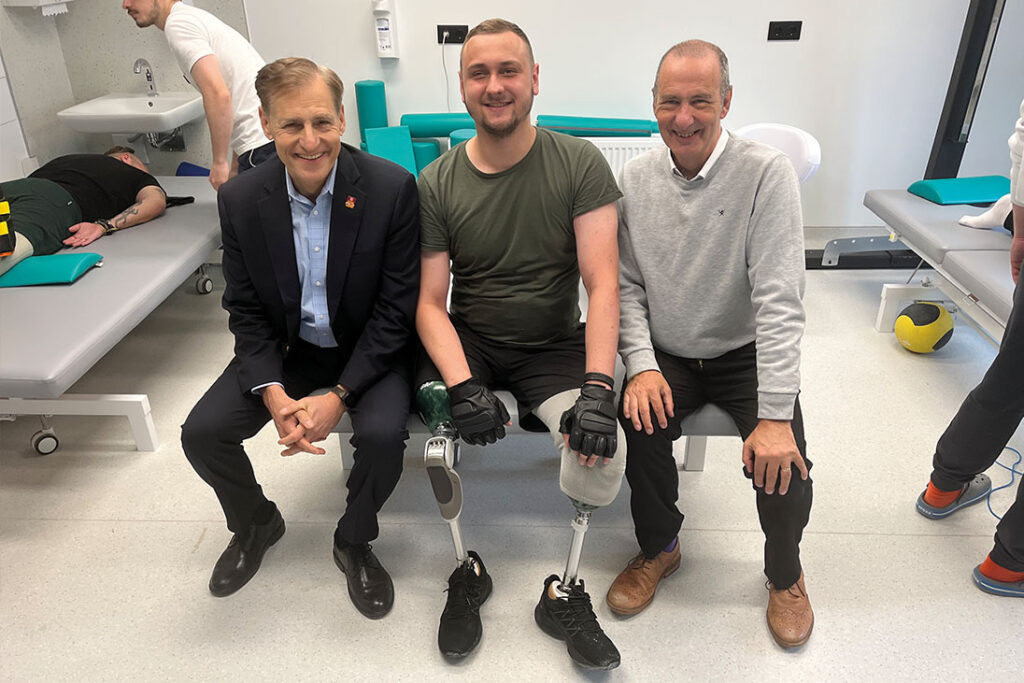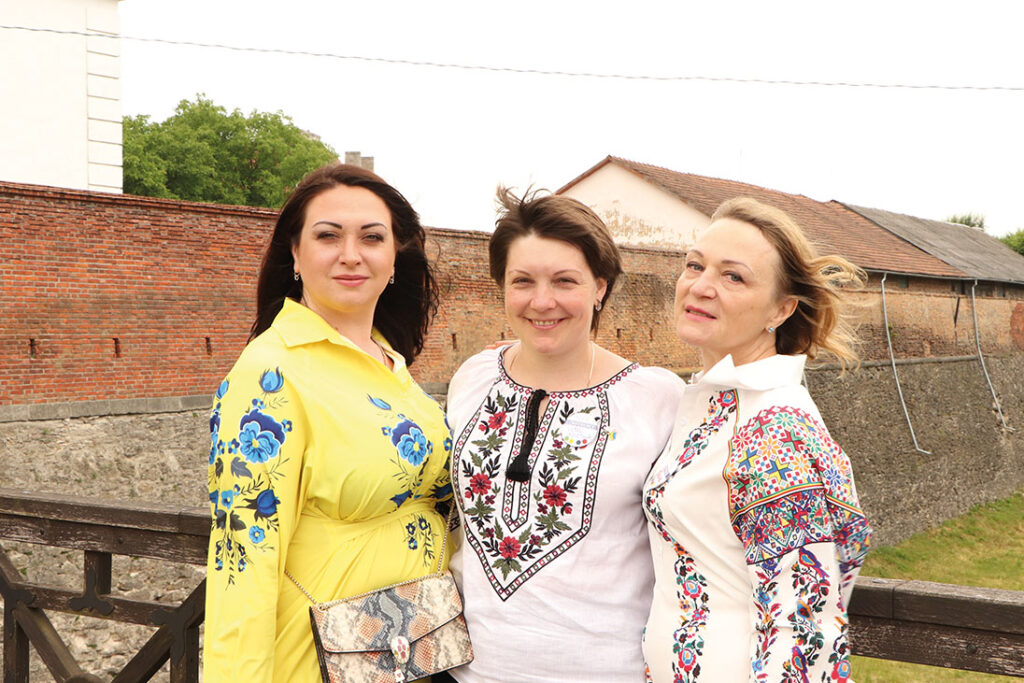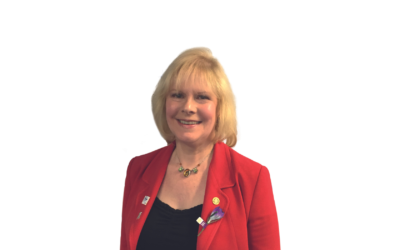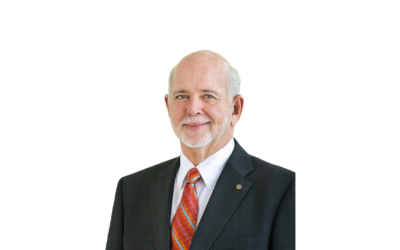In a graveyard in Lviv, a mother tends the grave of her son. He was just 22 when he was killed last September.
In this patch of ground next to the main cemetery, there are rows upon rows of gravestones as far as the eye can see, with two freshly dug graves awaiting today’s funerals.
Listen to this article
Each gravestone carries a picture of the fallen soldier, some shockingly young, their dates of birth marked by this century.
The earth is decorated with ornaments, plus the familiar yellow and blue flag of Ukraine, and the red and black flag of the Ukrainian Insurgent Army – red Ukrainian blood spilled on the black Ukrainian soil.
Nearby, at one of the Orthodox churches, a photographic exhibition features the innocent faces of children whose lives have been scarred by the war with the death of their fathers.
One seven-year-old wrote: “I hate the war. I want my daddy back. I want to feel his warm embrace again.”
This is Ukraine, June 2023. It is heartbreaking, with the dark clouds of war never far away. I spent a week in Ukraine, a visit which coincided with a counter-offensive on the country’s eastern front, and the destruction of the Nova Kakhovka dam in Kherson.


Dave King (right) and Rotary International Secretary John Hewko (left) visiting a hospital in Ukraine.
Lviv is the main city in western Ukraine, 330 miles from the capital Kyiv, and around 500 miles from the Russian front line.
It is also a focal point for Rotary.
Air raid sirens sound nightly, as Russian rockets arc across Ukraine reaching as far as Lviv where civilians have been killed.
But by day, this historic city with its cobbled streets, stylish Austrian- Hungarian architecture and a rich culture of art, music and theatre, is buzzing with activity. At times, it is hard to believe there is a war going on.
The focal point for my visit was Ukraine’s District Conference at 15th century Dubno Castle, a two-and-half hour drive from Lviv. There, I met Rotarians from across the country.
Svitlana Trushina is from Dnipro on the front line where there is shelling every day. She said: “At home, everything is bad for me. My husband has been at war for 14 months. I live alone, I am constantly scared, and I cry every day.”
However, there was an atmosphere of amazing positivity and purpose among the Ukrainians; so determined, so selfless, so brave. District Governor Vitalii Lesko opened the conference by saying: “We are Rotarians, we are united, this is a power. Rotary is the power to change the world.
“Our end goal is victory.”
Each gravestone carries a picture of the fallen soldier, some shockingly young, their dates of birth marked by this century.”
Rotary in Great Britain & Ireland was glowingly name-checked during the conference and in countless conversations with Rotarians.
The support has been fantastic through a host of projects, such as the building of modular homes in war-torn villages, funding educational trips for children to get away from the war zone, and demining agricultural land to allow crops to grow once again.
That’s notwithstanding the humanitarian aid directed through the Rotary GB&I Ukraine Task Force and the International Rotary Fellowship of Healthcare Professionals, led by Jersey Rotarian Allan Smith and Newbury’s Dr John Philip, which was praised in Dubno. But crucially, Ukrainian clubs want to partner with clubs and districts in Rotary GB&I to continue funding work in the country – now during the war, and in the peace to follow.
They are desperate for our help.
Many Rotarians sought me out to tell their stories.
I visited an autism school in Rivne run by a Rotarian and chatted to a soldier who had both his legs blown off in a mortar attack. He’s going to be a father in August.


“We are Rotarians, we are united, this is a power. Rotary is the power to change the world.” – District Governor Vitalii Lesko
I spent time with incoming District Governor, Myron Uhryn, a leading dentist in Lviv, who has organised mobile dentist surgeries on the front line.
He is a truly inspiring man who has also built a multi-faith church near Donetsk as a sort of waiting room.
The gruesome pictures of men, women and children, their bloodied, twisted faces ripped by shrapnel and requiring maxillofacial surgery by Myron and his team will never leave me.
During the week, I learned a lot about this amazing country; what it is like to live under the shadow of war, the unbelievable work of Rotarians who are relentlessly and selflessly providing humanitarian aid, and came to admire the fortitude and resilience of the Ukrainian people.
I spoke at the climax to the District conference in Dubno, and finished with the words of Captain Sir Tom Moore: “You must always consider that the future is going to be better. That is today if not a good day, then tomorrow is going to be better.
“Never ever worry yourself about how terrible things are because soon, and it will happen, things will get better. They always will.”
Slava Ukraini – Glory to Ukraine.


























































